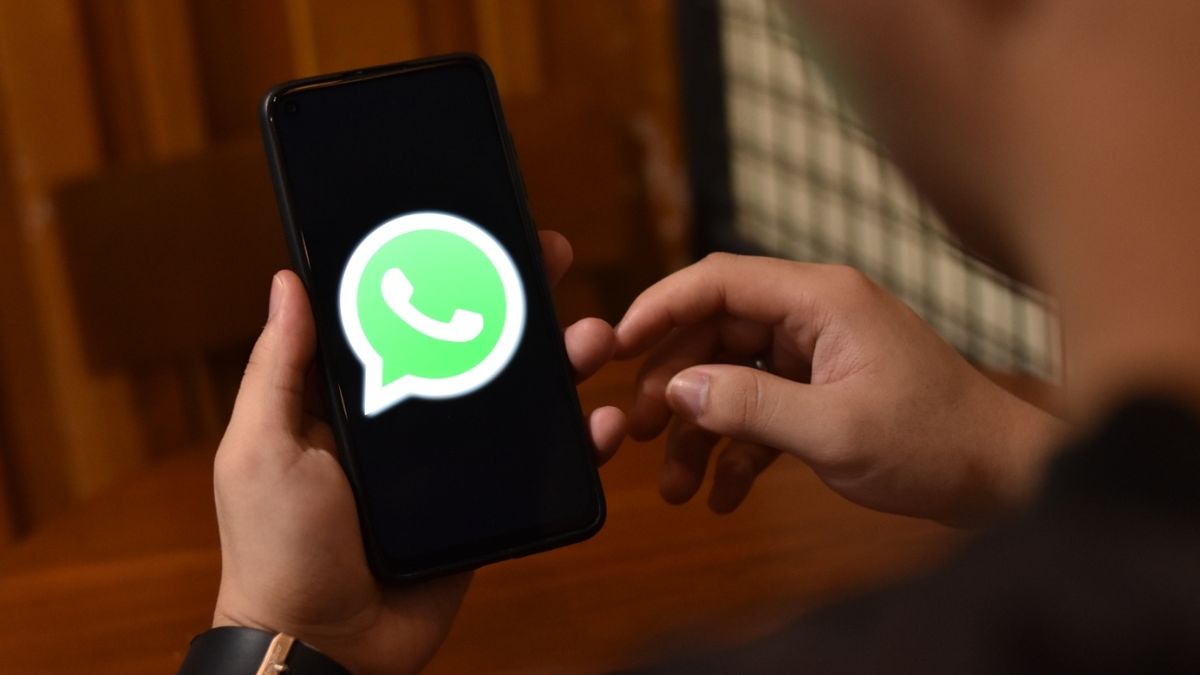What you want to know
- Passkey entry is now an added possibility for logging in to WhatsApp for Android on prime of passwords, using on-device face ID or fingerprint for a safer login course of.
- Passkeys use superior cryptography for enhanced safety, and WhatsApp’s announcement follows Google’s lead in adopting this authentication methodology.
- WhatsApp customers can allow passkey within the newest model of the messaging app on the secure channel.
WhatsApp is at all times on the lookout for methods to make your conversations safer, and it is now bringing passkeys to Android in an effort to beef up safety when accessing your chats.
The Meta-owned firm introduced on X (previously Twitter) that it’s becoming a member of the passkey revolution, ditching these old-school passwords and annoying two-factor authentication codes for a safer approach to log in. WhatsApp beforehand examined this performance with its beta customers for a number of months.
Android customers can simply and securely log again in with passkeys 🔑 solely your face, finger print, or pin unlocks your WhatsApp account pic.twitter.com/In3OaWKqhyOctober 16, 2023
If you happen to’ve been struggling to recollect a bunch of random phrases and numbers, passkeys will now make your life lots simpler by using your facial ID or fingerprint to unlock your WhatsApp account in a snap. Passkeys are saved in your telephone, so hackers cannot steal them.
In contrast to passwords, which will be stolen or tricked out of you, passkeys are hidden away in your gadget, like a secret code that solely your telephone is aware of. So, even when a phishing e mail tries to lure you into revealing your login particulars, there’s nothing to disclose since passkeys use superior cryptography.
This new approach to shield accounts is all the fashion, and it does not seem like the hype is dying down anytime quickly. Even Google is so assured in passkeys that it made this methodology the default approach to log in for private accounts. Different platforms, reminiscent of X and LinkedIn, are already working to hitch the fray, and it is solely a matter of time earlier than a few of your favourite messaging apps do as effectively.
Beforehand, WhatsApp had some non-compulsory safety features like a two-step verification PIN and a fingerprint lock that you would set to robotically lock your app after a sure time frame. These options will probably be round for some time alongside passkeys for an added layer of safety.
